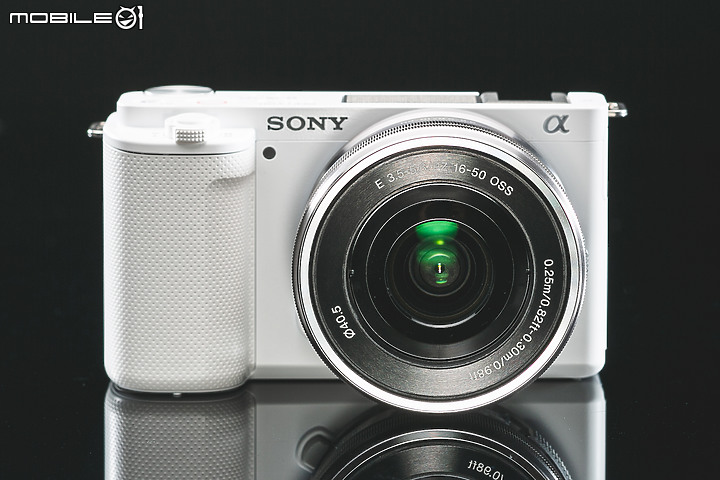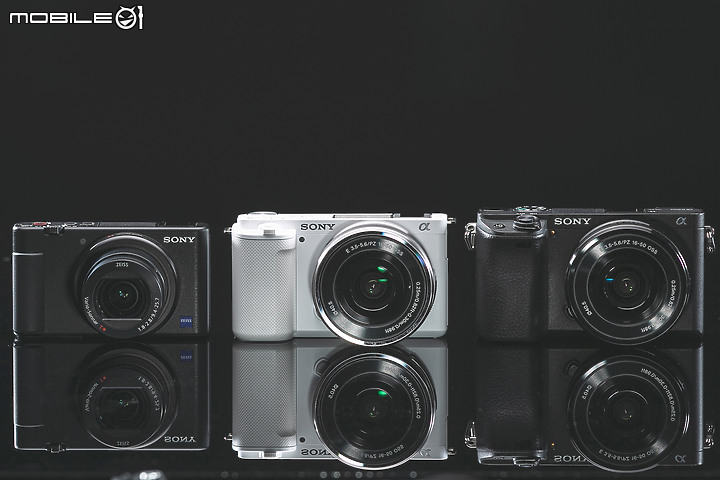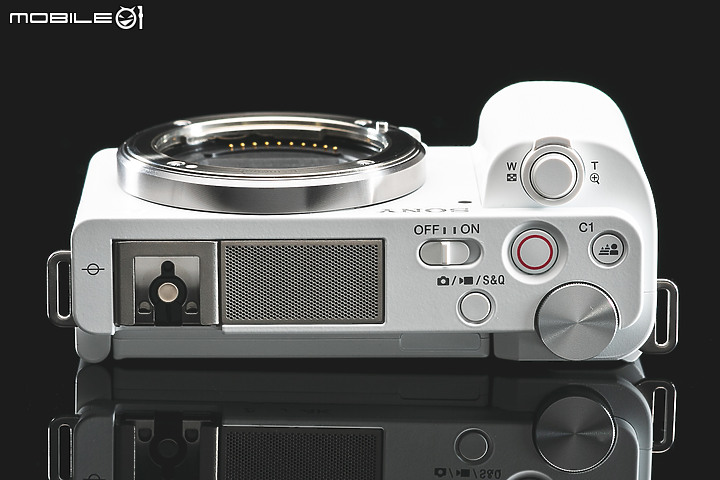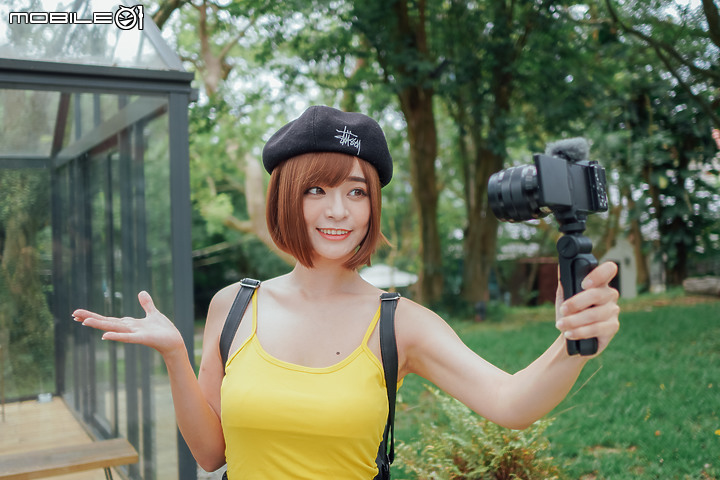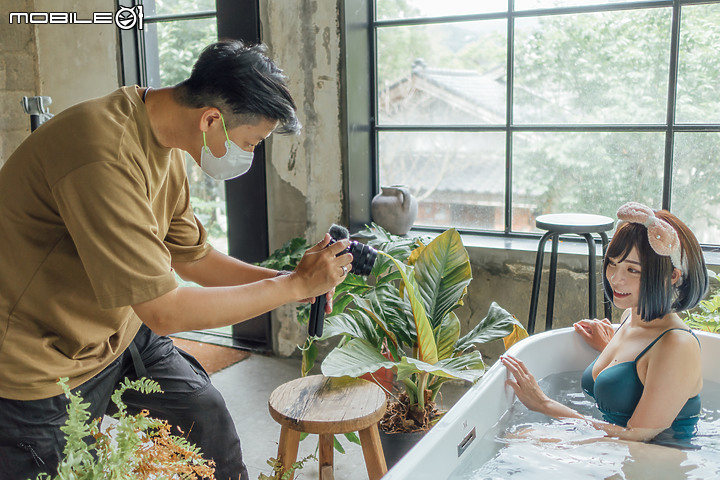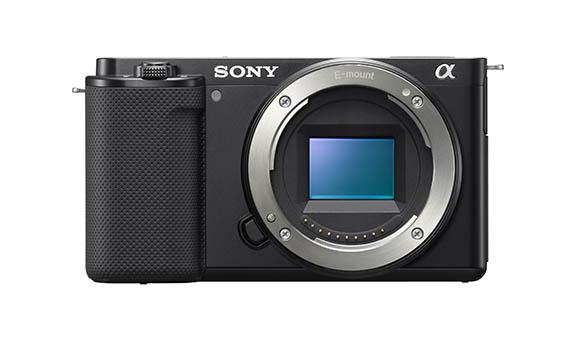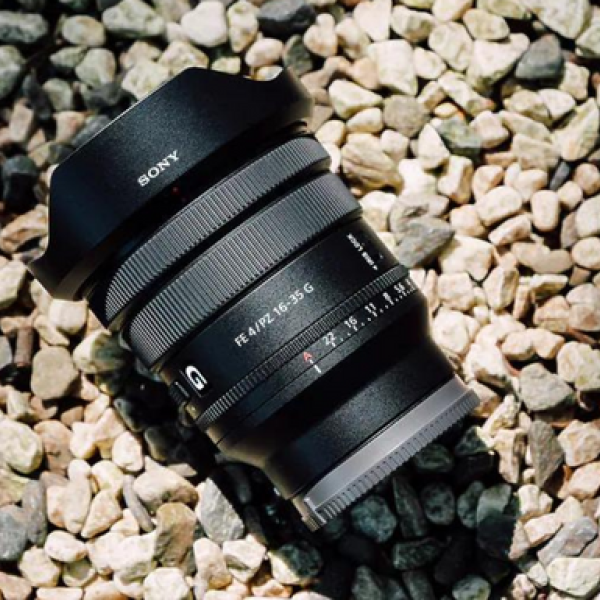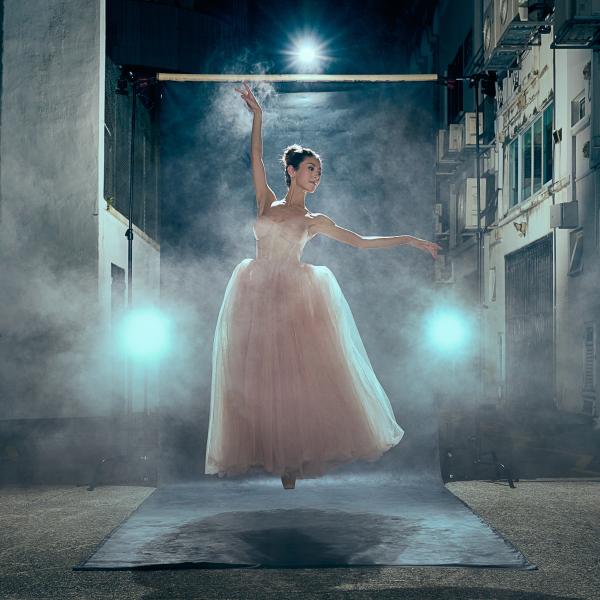Sony's ZV-E10 A Versatile Vlog Camera | Review by Mobile01
Mobile01 reviews and shares an in-depth look at the ZV-E10 camera’s features. Find out if ZV-E10 is the right camera for you and how you can make the most of it.
ZV-E10: Appearance & Unique Features Introduction
Sony's latest entry comes with a substantial set of features. The ZV-E10 is the first interchangeable lens camera in the ZV family. The camera comes with an APS-C Exmor CMOS 24.2 MP sensor, internal directional 3-capsule microphone, real-time tracking and real-time eye detection autofocus that are enhanced for humans and animals. In terms of video recording, it films at 4K 30 fps, without cropping, or 1080p 120 fps for breathtaking slow-motion.
The ZV-E10 has three directional microphones built in that is protected by a metal mesh cover on the top. It also hosts a smart hot shoe on the left which can be used for flashing lights, triggers and Bluetooth microphones. Additionally, the useful “wind screen” can be easily attached onto the body for wind noise reduction, a feature considered based on what was important for the user.
The shutter and zoom lever is strategically placed at the right shoulder of the camera that functions as a control for the powered zoom lens or the clear image zoom / digital zoom. The familiar exposure mode dial has been changed to a "one-button" switch and the separate recording button has been enlarged. There is also a background defocus button - a useful tool that allows for easy switching between clear and bokeh backgrounds in a snap.
Though the sound quality of the built-in microphone is decent, external microphones can be easily used as the ZV-E10 comes with a 3.55mm jack. It also has a secondary headphone monitoring jack to give the shooter more control over the sensitivity of the radio. As per the norm nowadays, the ZV-E10 also comes with a USB Type-C jack that allows for data transfer and charging. If the user only has a battery, they would be able to use a powerbank to charge and shoot at the same time.
Appearance Comparison with the ZV-1, ZV-E10 and Alpha 6400
In terms of size, the ZV-E10 sits between the ZV-1 and Alpha 6400. The ZV-E10 has an extra command dial placed on the top, differentiating itself with the ZV-1. The protruding grip also makes it more suitable for one-handed operation. The back is identical in structure, although in a slightly different position.
Attached with wireless control grip
Once the first set up is done, the Bluetooth-enabled GP-VPT2BT grip is ready to use. It can work both as a grip and a tripod and the head swivels at a variety of angles. You can shoot horizontally or vertically without any problems. The grip has buttons for shooting, recording and zooming, making it easy to use and hold.
Product Showcase Set & Clear Audio
The feature shown in this video is called Product Showcase Set, which simply means that in this mode, the focus system will give priority to the subject closest to the camera. When facing the lens, the ZV-E10 will focus on the 'person' in front of the lens as the subject. In the video test, the model was using the camera in quick motion, but despite this, the focus system was quick enough to detect the subject; focus smoothly and finally lock the focus in place without any twitchy or unnatural focusing feeling/action.
Soft Skin Effect
The ZV-E10 does a great job of softening the skin of your videos, focusing only on the skin texture in the frame. Details such as hair, clothing and hats are barely affected.
One-button Background Defocus
The one-button background focus feature is exclusively available in ZV-E10, followed after ZV-1. Now, the aperture can be conveniently controlled all with a click of a button, where previously a dial was needed to adjust the aperture. Despite the largest aperture of the E PZ 16-50 mm F3.5-5.6 OSS is not as large as that of the ZV-1, the ZV-E10 boasts an advantage in the size of the APS-C sensor. For depth of field, it allows for more flexibility but maintains practicality when it comes to high ISO performance.
Real-Time Eye AF Tracking for Video Shooting
In recent years, the new generation of Sony cameras have started to support face/eye autofocus. Real-time tracking not only supports still photography, it can be applied to video shooting as well, especially when taking selfies! With its large aperture lens, leave it to the ZV-E10 for autofocus tracking, all you need to do is to focus on the expression of the subject.
Clear Image Zoom
The ZV-E10 retains more detail than originally thought possible at 4K 30fps with the 1.5x Clear Image Zoom feature. This allows the original 75mm-equivalent focal length to be extended to 112.5mm which is fine to use in situations where the user does not have the lens with the focal length you need.
Image Stabilisation Comparison - Standard vs. Active
There are two types of image stabilisation mechanisms in the ZV-E10. One is the "standard" mode, which is optical stabilisation of the lens and requires the lens to have a built-in OSS. The other is "active" mode, which is a combination of the lens OSS and the body's electronic stabilisation. So when "active" is chosen, the user will inevitably get a rolling shutter feeling when shooting moving images, which will also be cropped approximately 1.3x. This feature can be used at the user’s discretion. The test video shows the stability of the model's handheld selfie and the user’s handheld shot of the model walking.
S&Q Video
The ZV-E10 supports only one type of slow motion, called "S&Q". This is also one of the three modes in the "MODE" button on the camera top. Still mode allows still images to be captured by the photographer with a particular exposure in mind by adjusting shutter speed and the aperture. On the other hand, movie mode sets the camera to film with automatic scene recognition. In "S&Q" mode, the frame rate can be set to achieve a time-lapse or slow-motion effect. For example, 1fps is the concept of taking only one image per second, so the longer the shooting duration, the more suitable it is for time-lapse recording. This video was shot at a frame rate of 1080p 120fps and is set to play back at 24 frames per second. The user can get a 5x slower 1080p video straight after shooting, and S&Q supports AF-C and eye-autofocus during recording!
Read Mobile01’s original review of the ZV-E10 here. Please note that the original review is in Traditional Chinese, and was translated for the purpose of this article.
